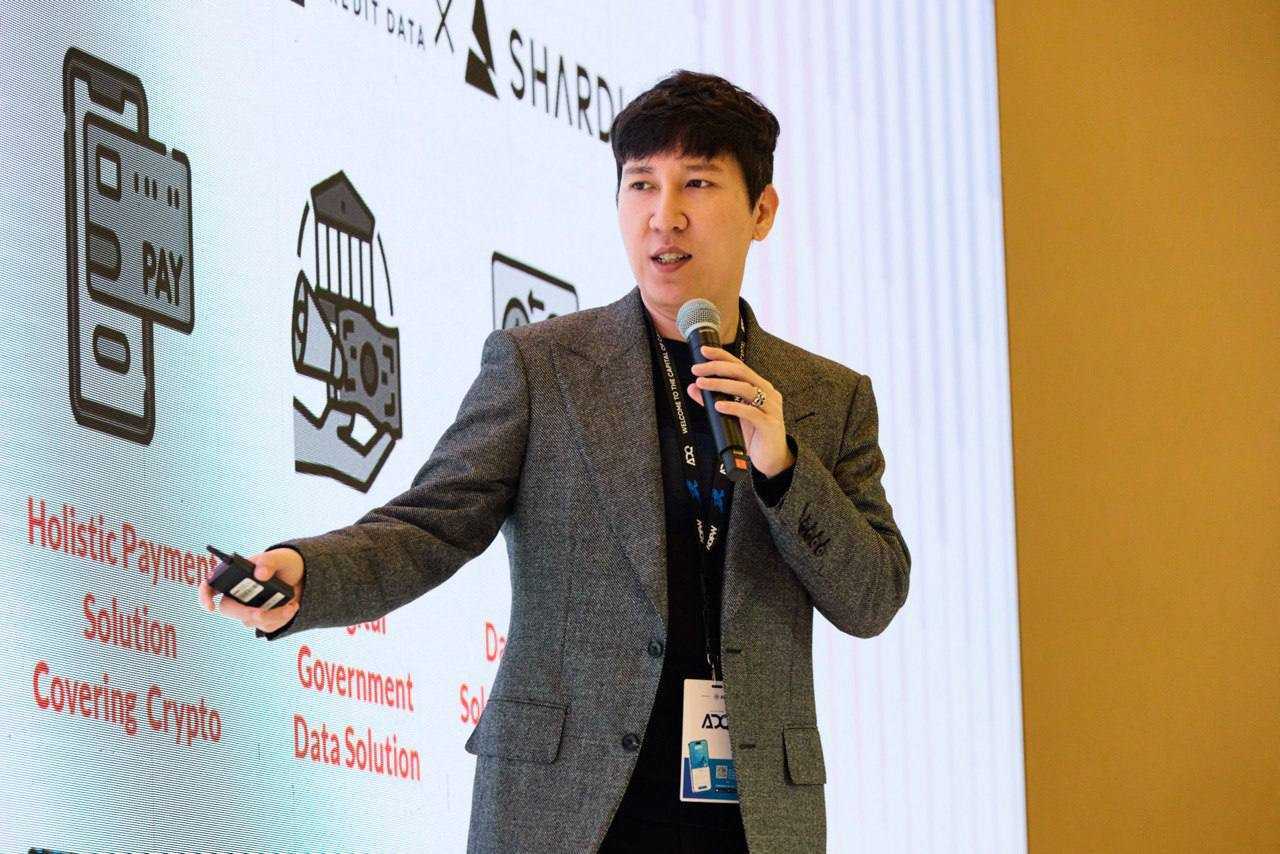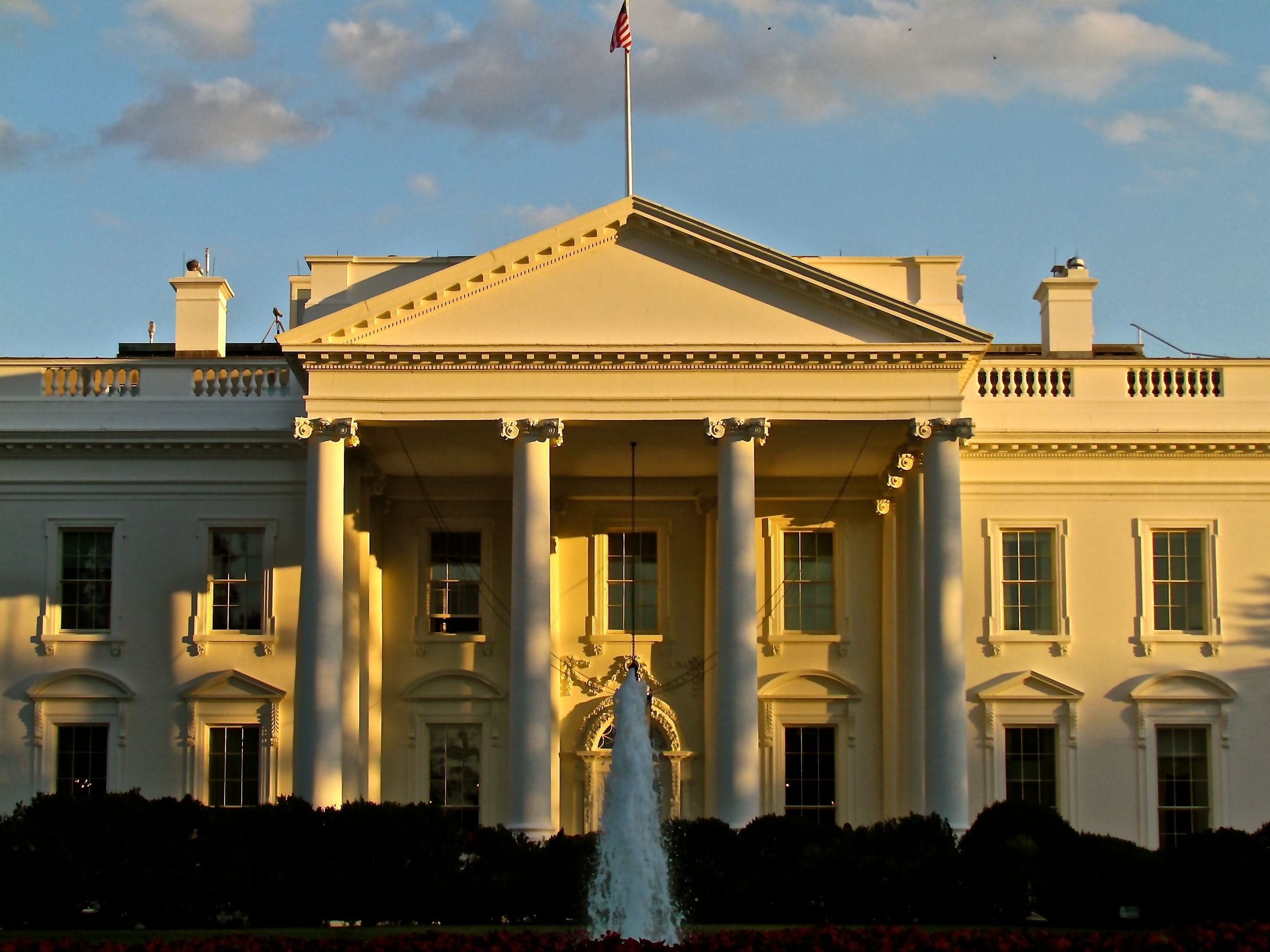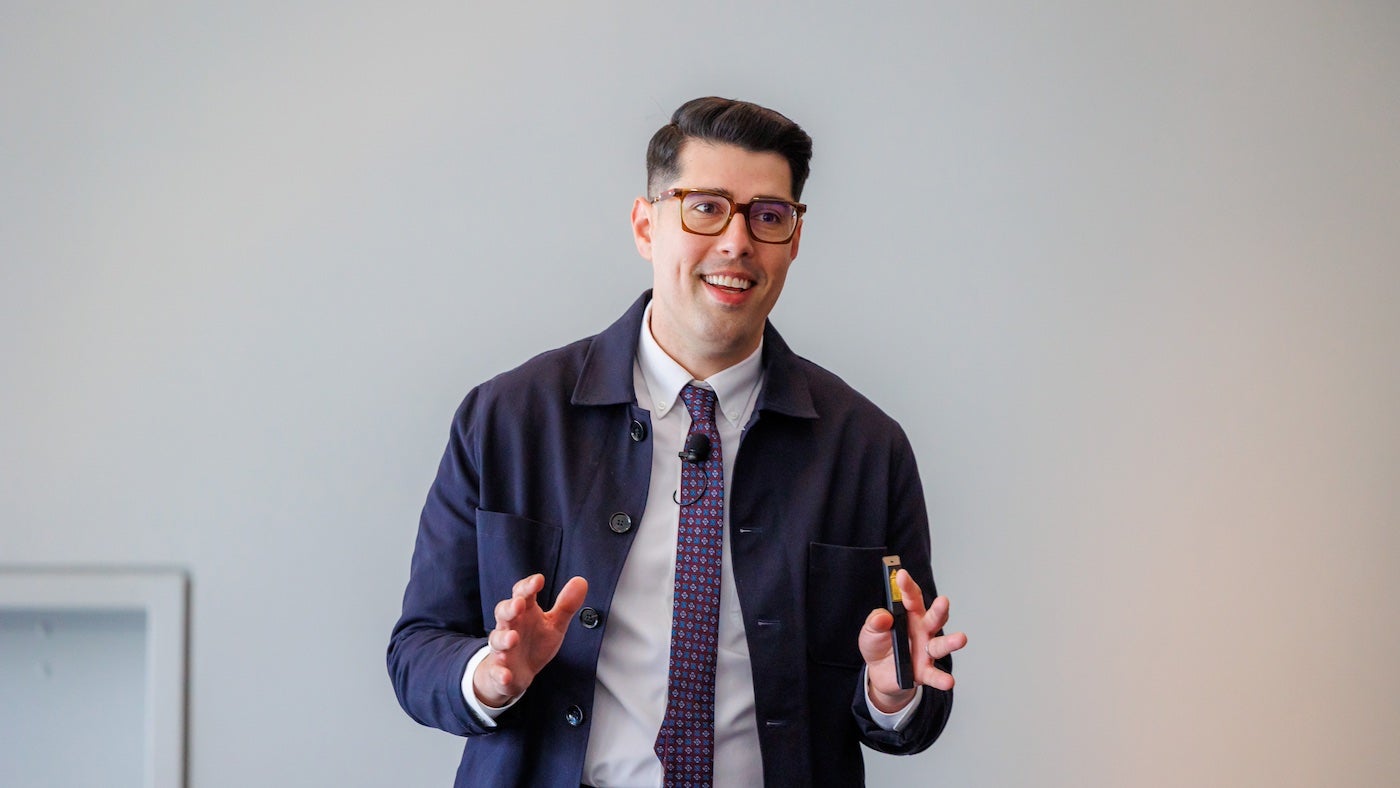Radical Shift: Decentralized AI and the Future of Artificial Intelligence
Breaking Open the Black Box of Centralized Models
Simon Kim, CEO of Hashed, believes that the future of artificial intelligence hinges on a radical shift: breaking open the black box of centralized models like OpenAI and building a decentralized, transparent ecosystem powered by blockchain.
The Urgency of Change
For Kim, the urgency is clear. AI’s unchecked centralization threatens to create a “god” we don’t understand, while blockchain offers the tools to reward creators, protect intellectual property, and provide transparency into generative AI – which has been widely criticized for its bias and selective reasoning.
The Problem with Centralized AI
“AI is being centralized. OpenAI is not open, and it is controlled by very few people, so it’s quite dangerous. Making this type of [closed source] foundational model is similar to making a ‘god’, but we don’t know how it works,” he said in an interview with CoinDesk.
The Power of Open-Source AI
Kim argues that open-source AI models like Meta’s Llama are an example of how AI can be built with decentralization and transparency in mind.
The Incentive Problem
But he says the lack of robust incentive mechanisms for data providers – i.e. everyone who uses the internet – is still a problem.
“AI models are just crawling the original content on the web and giving answers without compensating the creators,” Kim said.
Solving the Incentive Problem with a “Copyright Layer”
Kim believes we can fix this by developing a “copyright layer” where rights holders can track how their content is used – and re-used – by AI while being paid along the way.
Story: A Solution to the Incentive Problem
Hashed thinks it’s found a solution to this with Story, an IP management protocol that it led a Series-B round in last year.
The Need for a Blockchain-Based IP System
“We definitely need a blockchain-based IP system to incentivize the original creator, both the creator and the remixers,” Kim continued.
A Growing Chorus of Voices
Kim is far from the only voice calling for open source AI development. A growing chorus of voices from Meta’s Mark Zuckerberg to the Economist’s editorial board all agree that the black box of closed source AI – the deity whose decisions and workings remain a mystery – has to go for the industry to mature.
Conclusion
In conclusion, the future of artificial intelligence hangs in the balance. Will we continue down the path of unchecked centralization, or will we take a radical shift towards a decentralized, transparent ecosystem powered by blockchain? The choice is ours.
FAQs
What is the problem with centralized AI?
Centralized AI models like OpenAI are not transparent and are controlled by very few people, which can be dangerous.
What is the solution to the incentive problem?
Developing a “copyright layer” where rights holders can track how their content is used – and re-used – by AI while being paid along the way.
What is Story?
Story is an IP management protocol that allows rights holders to track how their content is used – and re-used – by AI while being paid along the way.
Why do we need a blockchain-based IP system?
We need a blockchain-based IP system to incentivize the original creator, both the creator and the remixers, and to ensure transparency and accountability in the AI ecosystem.
Who agrees that the black box of closed source AI needs to go?
A growing chorus of voices, including Meta’s Mark Zuckerberg and the Economist’s editorial board, agree that the black box of closed source AI needs to go for the industry to mature.







![Crypto Recovery Pump Incoming!! [DUMP NEARLY OVER – ACT NOW] Crypto Recovery Pump Incoming!! [DUMP NEARLY OVER – ACT NOW]](https://i.ytimg.com/vi/MrMeVsgZJPU/maxresdefault.jpg)


